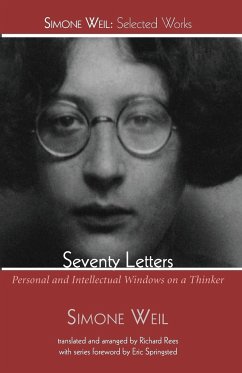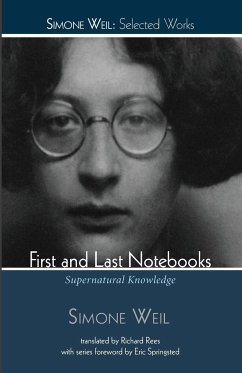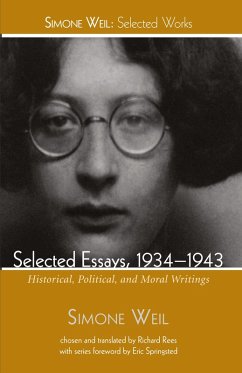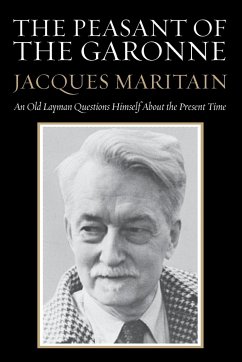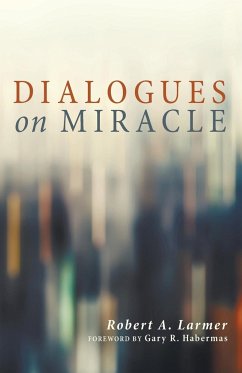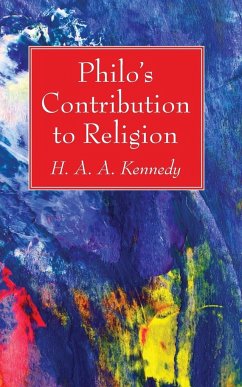Introducing the Selected Works of Simone Weil Throughout her life, Simone Weil was a constant letter writer and Seventy Letters contains a fair and important selection of them. Many of them are biographically important, as they are written to friends and to her family, especially to her brother, Andre. But they also give many important clues to Weil's own thinking on social and philosophical matters. In her later letters, her urgent concerns about her project for a frontline corps of nurses is obvious. In earlier ones, she not only shows her deep concern for social issues, but also raises issues about intellectual matters. These letters and others are particularly important for understanding her thinking on intellectual culture, philosophy, and science. SELECTED WORKS: First and Last Notebooks: Supernatural Knowledge / ISBN 978-1-4982-3919-6 Seventy Letters: Personal and Intellectual Windows on a Thinker / ISBN 978-1-4982-3920-2 Selected Essays, 1934-1943: Historical, Political and Moral Writings / ISBN 978-1-4982-3921-9
Hinweis: Dieser Artikel kann nur an eine deutsche Lieferadresse ausgeliefert werden.
Hinweis: Dieser Artikel kann nur an eine deutsche Lieferadresse ausgeliefert werden.

